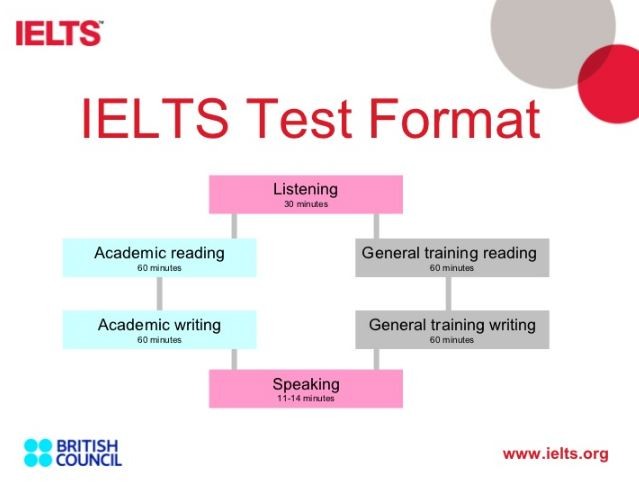The Philippines, Malaysia and Hong Kong are the three best Asian countries in English language proficiency, said the firm that co-owns the world's most popular English language test for higher education and immigration.
This test is IELTS, or the International English Language Testing System. IELTS is an international standardized test of English language proficiency for non-native English language speakers.
It's jointly managed by the British Council, IDP Education based in Australia and Cambridge English Language Assessment and was established in 1989. Other major English-language tests in the world are TOEFL, TOEIC and OPI/OPIc. IELTS is a requirement for immigration to Australia and New Zealand.
A comparison by IDP Education of IELTS scores from the 40 countries and territories with the most test takers in 2015 showed the Philippines and Malaysia tied for first with an average score of 6.8. Hong Kong averaged 6.5. The average score for Taiwan was 6.1 and Mainland China, 5.7.
Hong Kong fell behind the Philippines and Malaysia mainly in the speaking and writing sections. Globally, Germany had the highest average IELTS score of 7.3.
There were over 2.7 million participants worldwide in 2015. In 2014, 2.5 million tests were taken in over 140 countries, up from 2 million tests in 2012.
No minimum score is required to pass the IELTS test. An IELTS result or Test Report Form will show a score from "band 1" ("non-user") to "band 9" ("expert user"). Participants with a score between 6 and 7 have an effective command of the language but occasionally use words that are inaccurate or contextually inappropriate.
An average score of 6.5 is good news since most test takers were students, and most universities overseas required applicants to have a minimum IELTS score of 6.5, said Patrick Wan, IDP's IELTS manager for north Asia.
"The number has been about the same for the past five years," said Wan. "In 2011, the score was 6.4."
Wan also said there had been no major change in any particular Asian country in terms of English proficiency.



























